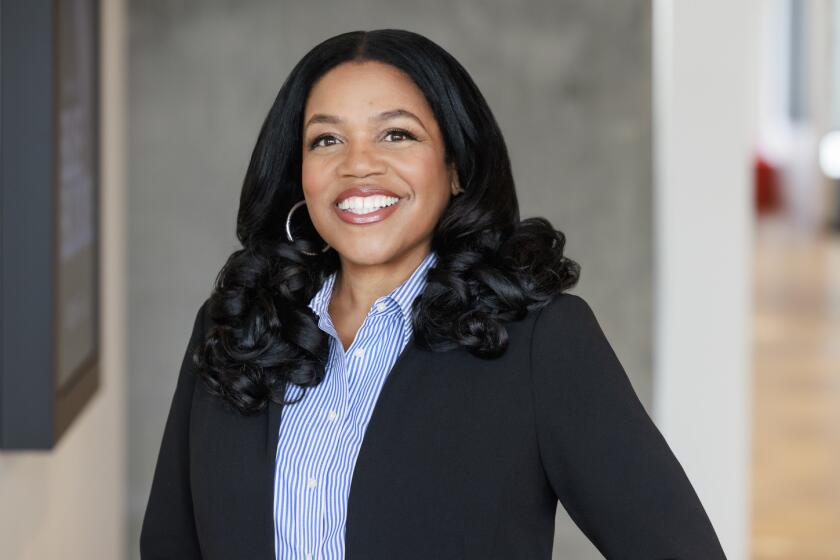NBC.com enlists the Filter to figure out what visitors to its site want to watch
Call it tele-psychic.
NBC.com is deploying a technology that aims to divine what individual visitors to its website want to watch and is enlisting the Filter, a company partly funded by British rocker Peter Gabriel, to do so.
Anticipating what Web viewers want to watch next is not as easy as it looks. What you feel like watching is not going to be the same thing that your best friend, looking at the same Web page, is going to want to see. So NBC.com has to know who’s looking at its site and be able to read their minds -- sort of.
That’s where the Filter comes in. It tries to figure out the tastes of each person based on the digital breadcrumbs they leave behind on their computers. That includes things like what that person has just searched for, clicked on, listened to or moused over.
The method is called “session psychology,” and it’s the latest development in the evolution of Web 3.0, where viewers are inundated with billions of hours of potential entertainment options. In an era when 24 hours of video are uploaded to YouTube every minute, the trick is to match the right video to the right person.
“Finding the next piece of content that you’re going to like is the single most important problem on the Internet today,” said Douglas Merrill, a board member at the Filter and former vice president of engineering at Google Inc.
The Filter, which started in 2004 and attracted Gabriel in 2005 as an investor, has been doing the same thing for music for several years. Back then, Gabriel “saw the potential for listeners to be paralyzed by the sheer volume of digital entertainment, and he felt that the solution was to connect people’s tastes with the music out there,” said David Maher Roberts, chief executive of the Filter, the British firm that announced its deal with NBC.com on Thursday.
Filtering technologies have been around for more than a decade. It’s how Netflix Inc. and Amazon.com Inc. serve up recommendations for movies, books or products their customers might like, based on what they’ve seen or purchased in the past. For NBC.com, getting people to click on another video increases “dwell time” -- and the number of ads they see.
But companies such as the Filter, Mood Agent and others are taking these algorithms a step or two further to make more nuanced recommendations that are more likely to hit their marks.
And they do so by trying to divine not just what people are clicking on but also their moods and what they’re likely to be doing at the time, using a host of clues, such as where people are, what their Facebook friends are watching or even and what time of day it is. For example, news is more likely to be consumed in the morning, while comedy and entertainment are more likely to be watched in the evening, after dinner.
The exact formula for these recommendation technologies is a closely guarded secret, so Roberts declined to spill the beans on the Filter’s methods.
But he summed it up this way: “A lot can be deduced about a person from two or three clicks, and those clues allow us to provide them with more relevant recommendations.”
More to Read
The biggest entertainment stories
Get our big stories about Hollywood, film, television, music, arts, culture and more right in your inbox as soon as they publish.
You may occasionally receive promotional content from the Los Angeles Times.






